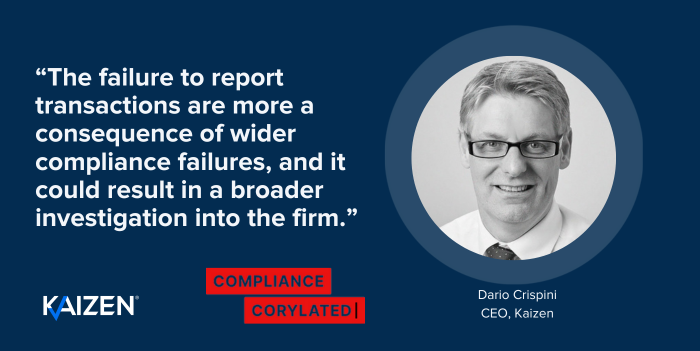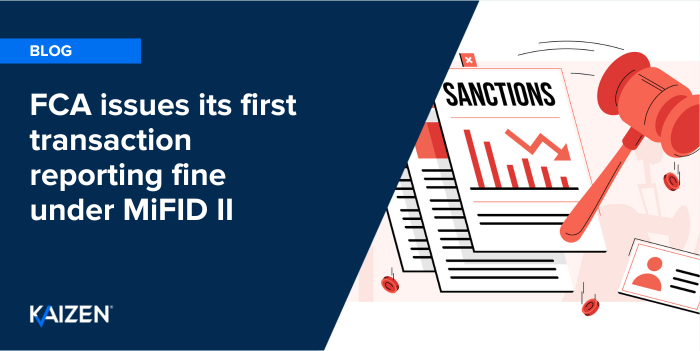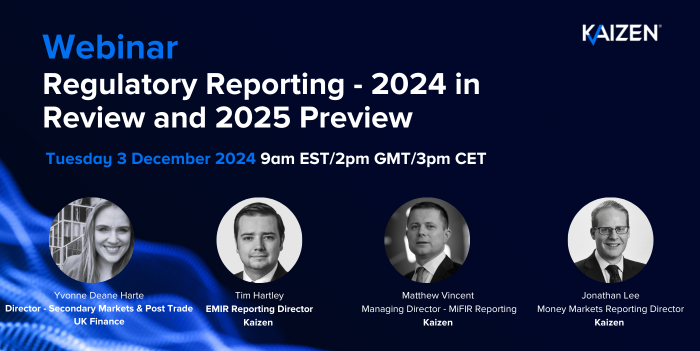MiFID II 2nd anniversary – ready for the terrible twos?

It’s two years since the introduction of MiFIR transaction reporting. What will regulators be expecting at this stage?
Quite simply, complete and accurate transaction reporting. Whilst the MiFIR transaction reporting regime is very complex, I think regulators’ patience is starting to wear thin. The UK FCA has twice signalled in Market Watch that it is seeing unacceptable errors in transaction reports and firms have to heed that message. All the NCAs have a job to do – MiFIR Article 24 obliges the competent authorities to monitor the activities of investment firms and if the quality of data submitted by firms prevents them from meeting this obligation, then the authorities will take action.
What action have we seen from the FCA so far?
Just because we haven’t seen any formal enforcement cases for MiFIR transaction reporting does not mean that the FCA is happy with the quality of the data it has received. Far from it – judging by its remarks last year in Market Watch 59 and 62. It is entirely possible that the FCA is working on cases already – there is often quite a long lead time in such cases.
What we have seen from the FCA is plenty of letters warning firms that they have discovered issues with their data. This demonstrates that the FCA is investigating the quality of reports and that firms will get found out if they haven’t got sufficient controls over their reporting processes. Often firms believe that because the FCA hasn’t contacted them, their reporting must be ok. This could prove to be a very risky assumption. The FCA has limited resources to monitor the 3,000-plus firms that have a transaction reporting requirement. However, the sophistication of their monitoring systems is increasing and they will be able to work their way through the number of firms that report. It is very important to note that when the FCA does find issues, it usually requires firms to back date all the impacted reports since go-live. The longer it takes issues to be discovered, the more complex and expensive this back-reporting exercise becomes.
How can firms be sure they’re reporting accurately?
Again, there is a very simple answer to this – they need to implement the controls detailed in Article 15 of the regulatory technical standards. In particular, they need to perform quality assurance testing of their submitted transactions and they need to do regular reconciliations from the data in their source systems to the reports received by the FCA.
Unfortunately, I think there are many firms that are afraid of what they will find once they start implementing the correct controls. Too often, transaction reporting is filed in the ‘too difficult drawer’. Many firms fear their transaction reporting has become an Augean Stables and they don’t want to discover how difficult a task they have on their hands. If this is the situation you are in, perhaps it’s time for a new year’s resolution – call in Kaizen to perform the quality assurance checks and reconciliations from front office systems to data reported to the FCA. We can also help design a quality assurance control framework and train your staff on reporting. So what are you waiting for?
Happy Anniversary MiFID II.


